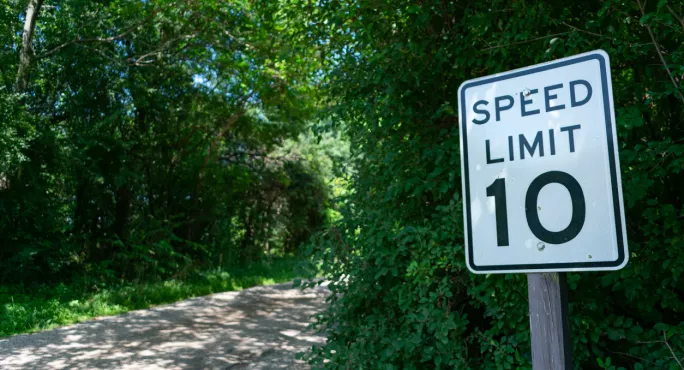Independent schools have mooted the possibility of a grade 10 becoming the new top GCSE grade in the future, after some private schools saw the majority of their entries achieve a grade 9, currently the highest possible grade.
Barnaby Lenon, chairman of the Independent Schools Council, said a growing number of private schools were achieving results where the top grade was the “most common” grade.
He cited one school he knew where 57 per cent of entries were awarded grade 9s.
Related: How long before we see a GCSE grade 10?
GCSE results 2019: Perfect 9s up 14% as girls dominate
GCSEs 2019: Private schools shift away from IGCSEs
“Nobody envisaged this three years ago,” he said. “It does leave room for a grade 10.”
Mr Lenon added that an immediate introduction of a grade 10 was unlikely, as the numerical grading system of 9 to 1 was still so new.
GCSEs graded from 9 to 1 were introduced in 2015 and were designed to be more rigorous and challenging than the legacy qualifications.
Grade 9 was achieved by 4.5 per cent of candidates this year, an increase from 4.3 per cent in 2018.
And 837 candidates in 2019 achieved a “clean sweep” of grade 9s in all of their exams - up from 732 the previous year.
Currently, Mr Lenon said, the grade 9 served its purpose in differentiating ability at the top end of the grading system.
“The number of grade 9s is rationed to avoid the possibility of grade inflation anyway.”
But he said a grade 10 could be introduced in the future “if over time the general standard of pupils at the top end continues to rise”.
“Given we were told grade 9s would be very rare, it’s astonishing there are schools where it’s the commonest grade,” Mr Lenon said.
Geoff Barton, general secretary of the Association of School and College Leaders, said the idea of a grade 10 was “utterly misguided”.
He has previously spoken out against the “macho language of difficulty” in exams.
“The percentage of grades awarded at grade 9 nationally is 4.5 per cent, so it would be a waste of time to focus on something so marginal,” Mr Barton said.
“We would end up in a qualifications cul-de-sac.”
Mr Barton said exam boards should be focusing their efforts on assisting the “forgotten third” of pupils who leave school without standard passes of grade 4 in English and maths, rather than allowing for “mission creep” at the top end of the grading scale.
“We need to focus on giving all children an education they can be proud of,” he said.
“The 9-1 grading system already clearly signals this is more difficult and rigorous than the old system.”
“We need to stop tinkering with the grades...GCSEs are a staging post, allowing children to decide what they want to do next.”
He pointed out that for higher-ability pupils, a grade 10 would also create additional stress.
“Teachers will say, ‘Oh, their older brother or sister got an A*, so they should get a 10.’ It’s piling more pressure on young people.”
A spokesperson from the exams regulator Ofqual said: “Our role is to secure that standards are maintained in GCSEs in England and we have no intention to introduce any additional grades above grade 9.”
“The 9 to 1 grading system has allowed better differentiation of the highest performing students than the A* to G grades it replaced. We believe everyone would now welcome a period of stability.”





